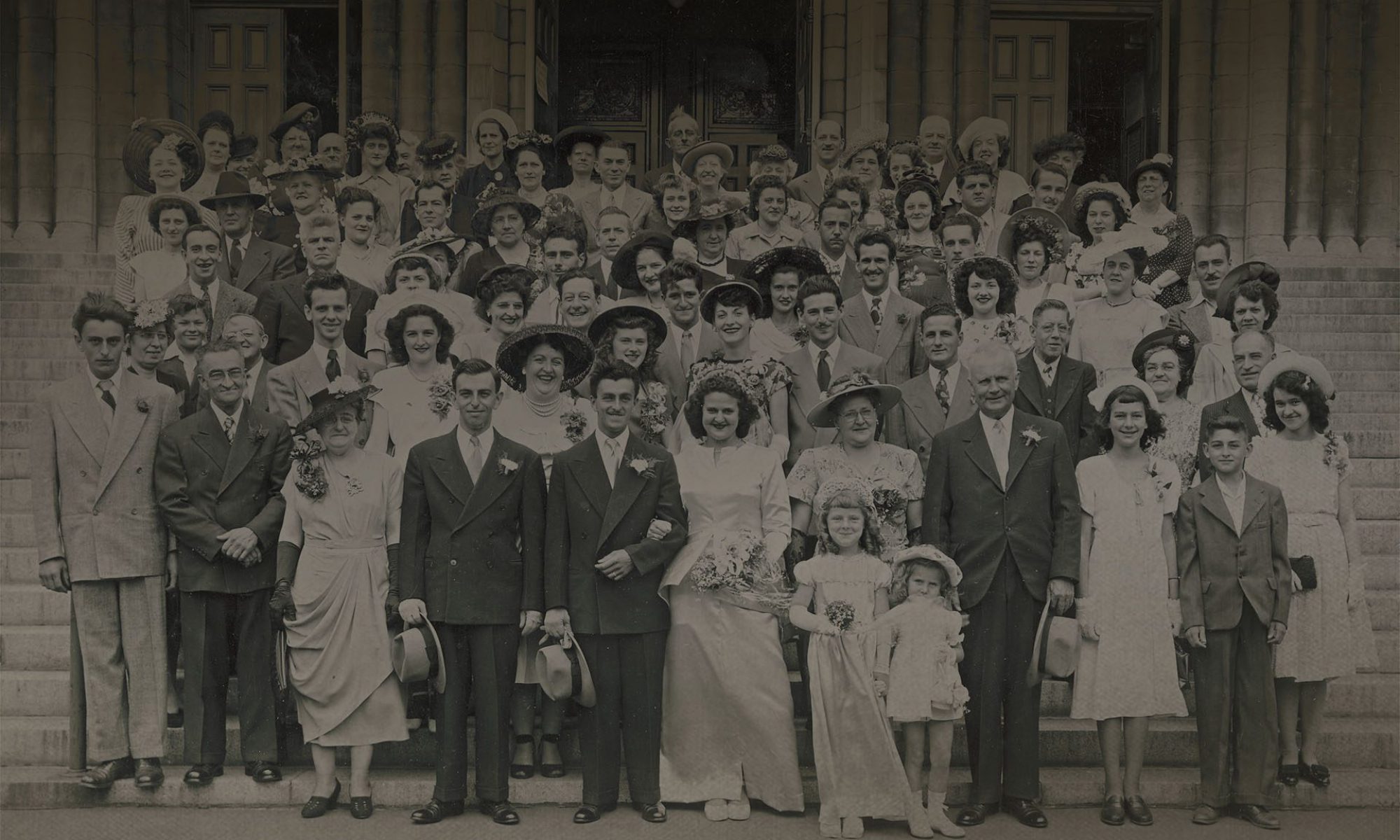This post is also available in: Français
The 1741 Montreal city census has just been added to PRDH-IGD.com, thanks to the generous contribution of author and genealogist Marcel Fournier.
In addition, every individual listed in this census has been identified and linked with their PRDH-IGD Individual file.
These 553 new records can be viewed now with a subscription to PRDH-IGD.com.
What is PRDH-IGD.com?
PRDH-IGD is a directory of ALL vital events (baptisms, marriages and burials) recorded by the Catholic church in Quebec and French Canada from 1621 to 1849, as well as a genealogical dictionary of families. The PRDH-IGD database contains over 2 500 000 records.
What makes PRDH-IGD unique is how these records are connected to one another through genealogical links, which we refer to as Family Reconstructions. In addition to the baptism, marriage and burial files, PRDH-IGD contains individual and family files.
Any individual mentioned in a BMD record from the database is attributed an individual file. Similarly, any married couple mentioned in a BMD record gets their own family file, which lists all of the couple’s children.
To learn more about PRDH-IGD, you can read this article on the Drouin Institute blog.
You may also be interested in this article, which explains the similarities and differences between GenealogyQuebec.com and PRDH-IGD.com.
PRDH-IGD and Genealogy Quebec in a library near you!
Several libraries and genealogical societies now offer free-access to Genealogy Quebec and PRDH-IGD, mainly in Quebec but also in the rest of Canada and the United States. Contact your local library or genealogical society to see if free access to the websites is available!
Libraries and genealogical societies tend to rely on suggestions and demand when selecting resources to add to their catalog. As such, the best way to have your local institution provide Genealogy Quebec and PRDH-IGD access is simply to ask them to!
You can do so by calling or visiting the library, and letting the librarian or person in charge know about the websites.
Some libraries even allow you to suggest resources through an online form.
Genealogically yours,
The Drouin team





